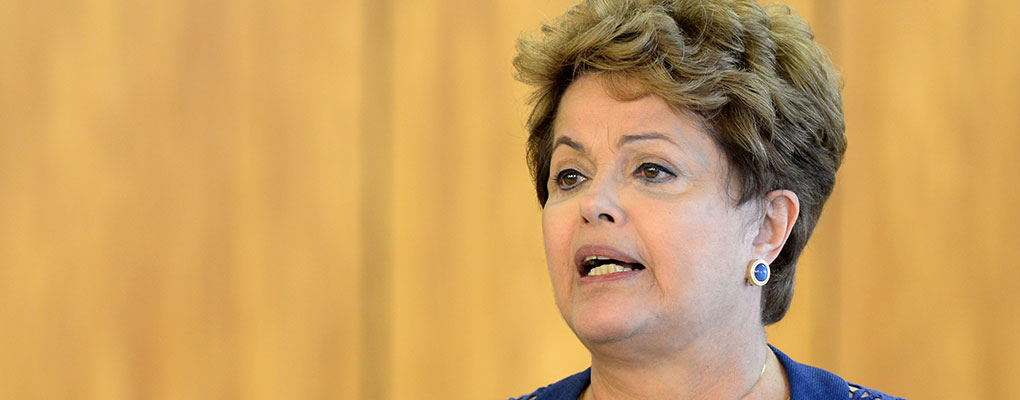
In a desperate bid to boost Brazil’s flagging economy, re-elected president Dilma Rousseff has announced an infrastructure package that will cost around $64bn. While the majority of this figure encompasses new projects, it does also include planned investment into existing infrastructure.
“This program is a way to a better future. Like every major logistical investment, it will affect every area of the economy: agriculture, industries, services, and most of all, it will affect the lives of the Brazilian people,” Rousseff said during her speech at the opening ceremony of the Investment Programme in Logistics on June 9.
Economists often point to Brazil’s inadequate infrastructure as being a principle hindrance to the country’s recent disappointing growth
Brazil’s planning minister, Nelson Barbosa, who presented the strategy alongside the president, highlighted the severe strain facing the country’s infrastructure due to an expansion in activities in recent years, such as grain production doubling and the volume of road vehicles trebling since 2000.
The plan that was outlined in a speech includes $2.7bn for four large airports, a 7,000km road network costing $21,3bn, $12.1bn for ports and $27.9bn for railways. A third of the programme is due to be carried out by 2018 – the last year of Rouseff’s presidency.
Another prong to the strategy to bolster the struggling economy comes via the private sector as it was announced that private firms would be commissioned to build and operate Brazil’s new transportation infrastructure. This move is in stark opposition to the previous tendency of actively suppressing tariffs and profits for organisations that won such contracts, which had long discouraged investors. The gesture may therefore signify a pivotal change in the incumbent government, which has been often criticised for its unfriendly market approach. Prompting the labour market, together with market confidence, are also hoped as by-products of the $64bn programme.
However, although the intended inclusion of the private sector indicates a flourish of activity in Brazil’s industrial sectors, the government has yet to find partners for the various projects. In addition, there is a level of scepticism present regarding the completion of these ambitious plans, particularly as the last time an infrastructure programme was announced in 2012, only a fraction of the ventures pledged actually came to fruition.
Economists often point to Brazil’s inadequate infrastructure as being a principle hindrance to the country’s recent disappointing growth. Currently, exports of goods, such as soya beans, coffee, sugar, oil and iron ore, are not at their full potential due to the state’s poor transportation network, improving it is therefore vital in boosting Brazil’s economy. Increasing exports is as another key economic driver that can reverse the economic downward spiral inflicting the country – and was also mentioned during Rousseff’s speech as receiving special focus during her last term as president.


